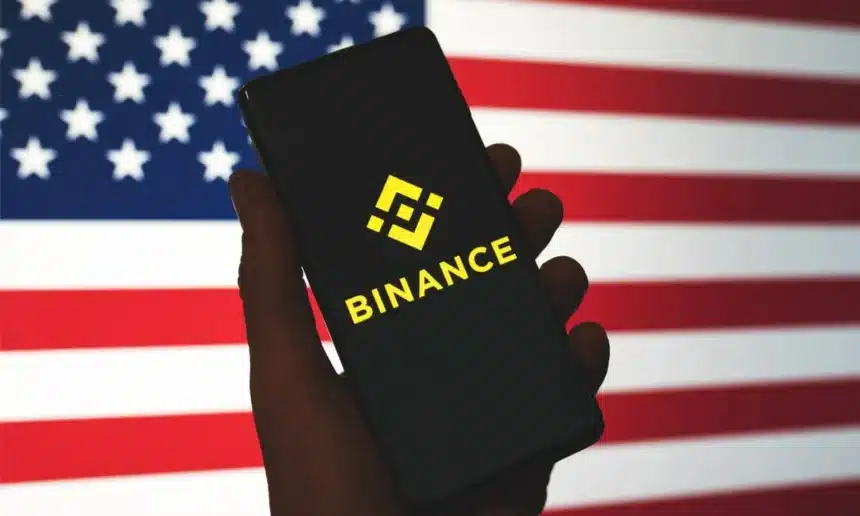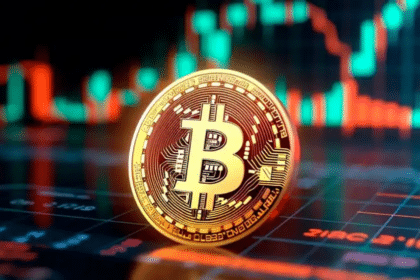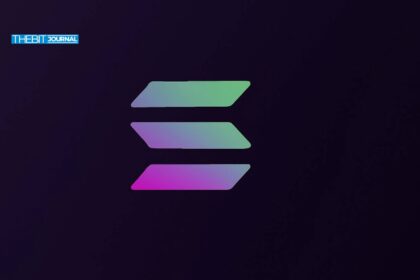The U.S. Securities and Exchange Commission (SEC) is seeking to amend its ongoing lawsuit against Binance, marking a notable shift in the long-standing legal battle involving the crypto exchange. This SEC vs Binance and Solana case also includes the Solana (SOL) token and other third-party cryptocurrencies, as the SEC aims to avoid a definitive court ruling on their security classification. This new development, disclosed in a joint court filing on July 29, 2024, has stirred considerable activity within the crypto community. It reshapes the high-profile case and raises questions about the SEC’s approach to digital asset regulation and the legal status of major cryptocurrencies.
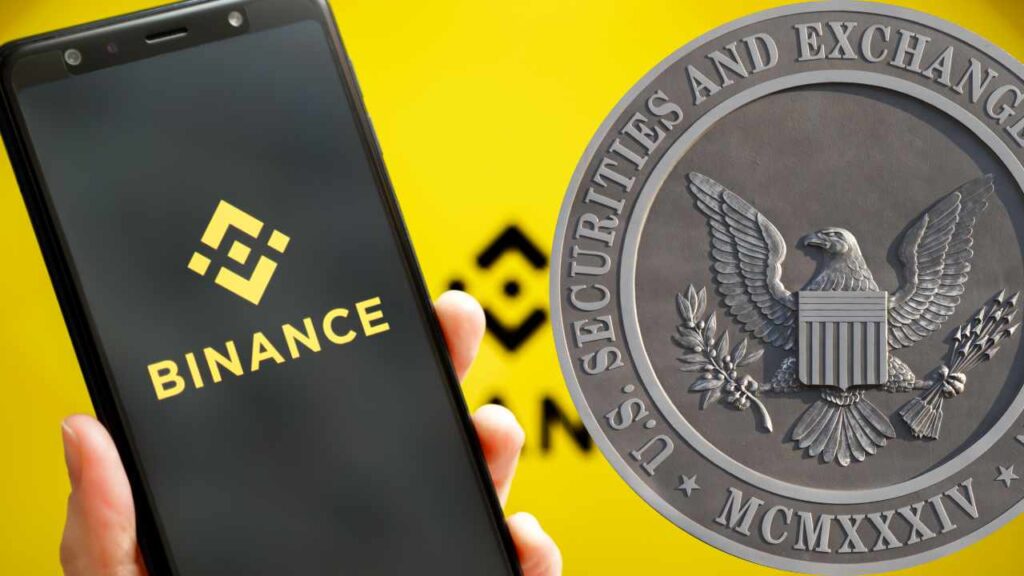
SEC vs Binance and Solana: Strategic Shift and Implications for Solana and Others
To prevent a judicial determination on the security status of third-party tokens such as Solana, the SEC is altering its litigation strategy against Binance. This revision could significantly impact cryptocurrency regulation in the U.S. if approved. The SEC has requested permission to revise its initial complaint against Binance, aiming to avoid a court decision on whether third-party tokens are classified as securities. The proposed amendment seeks to delay the court’s decision on these tokens’ legal status, keeping their classification in limbo. If granted, the SEC would forgo labeling these assets as securities.
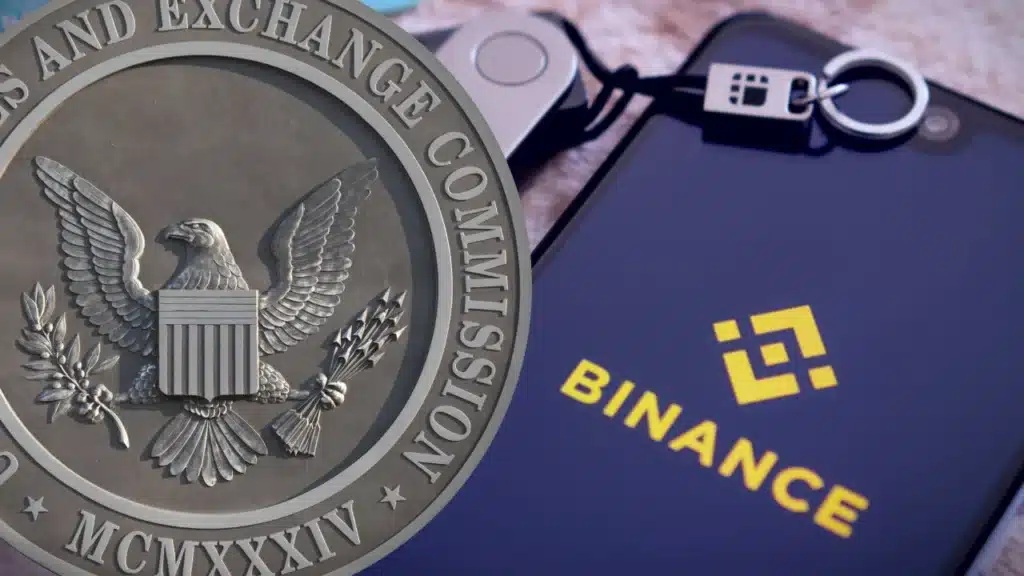
Tokens listed on Binance that were not issued by the exchange itself are considered third-party assets. Last year, Binance listed native tokens for Solana, Cardano, Polygon, Cosmos, Filecoin, and Algorand, which the SEC argued fit the Howey Test criteria for securities. The SEC has accused Binance of violating federal securities laws in connection with these tokens. Recent federal court rulings have clarified that secondary sales of digital assets, such as Binance’s BNB token, are not regarded as securities. This judicial decision may influence the overall crypto market and specifically affect the SEC vs Binance and Solana case.
Binance’s Reaction and Industry Impact
In response to the SEC’s proposed amendment, Binance has taken a cautious stance. The exchange has expressed a desire to review the SEC’s proposed changes before agreeing to proceed with discovery. Binance has argued that starting discovery on potentially amended claims is premature.
Binance’s statement reads: “Until Defendants have a set of proposed amended allegations, it is premature and unreasonable for the SEC to expect them to agree to conduct merits discovery for claims on which the SEC may soon seek leave to amend its allegations.” Additionally, Binance has criticized the SEC for allegedly misleading statements regarding the timing of discovery. This latest development in the SEC vs Binance and Solana case has sparked significant discussion within the crypto community. Many see the SEC’s filing as further evidence that tokens like SOL and ADA are not securities, perceiving it as part of the regulator’s broader enforcement strategy against digital assets.
Potential Industry Shifts
The SEC vs Binance and Solana move could herald a shift in how cryptocurrencies are regulated in the U.S. This action might set a precedent for future cases and lead to a reevaluation of how digital assets are classified. Allowing the SEC’s proposed changes could influence future complaints involving crypto projects and exchanges. This strategic adjustment might indicate a broader reconsideration of the SEC’s approach to cryptocurrency regulation.
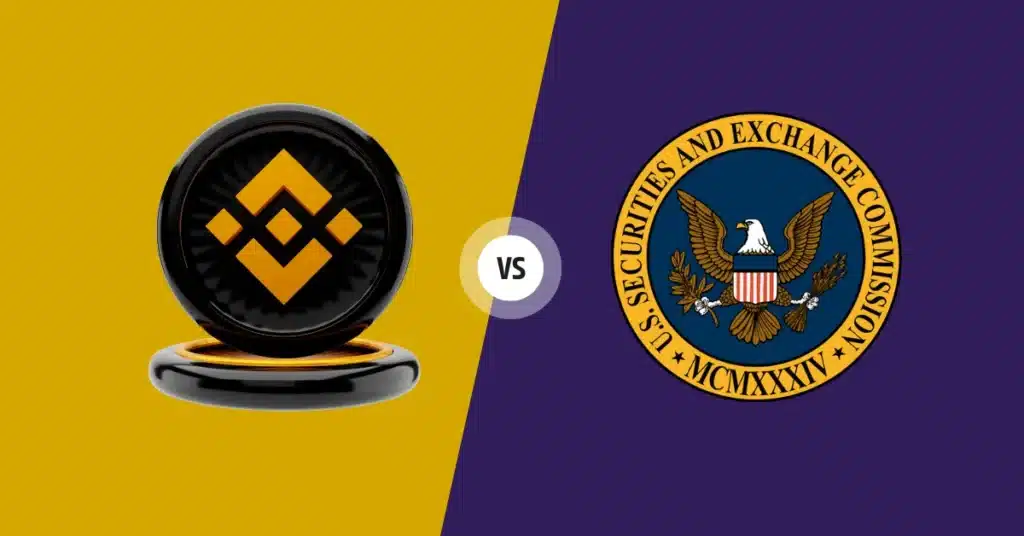
Conclusion: A Turning Point in Crypto Regulation
The SEC vs Binance and Solana highlights the complex challenges faced by regulators and industry participants. This development could have significant implications for the classification, trading, and regulation of cryptocurrencies. The ongoing SEC vs Binance and Solana case underscores the need for transparent and balanced crypto regulation. As the industry continues to evolve, it is crucial for regulators, policymakers, and industry stakeholders to collaborate in creating a framework that fosters innovation while ensuring investor protection. Stay tuned to The BIT Journal for the latest updates on these critical developments.



